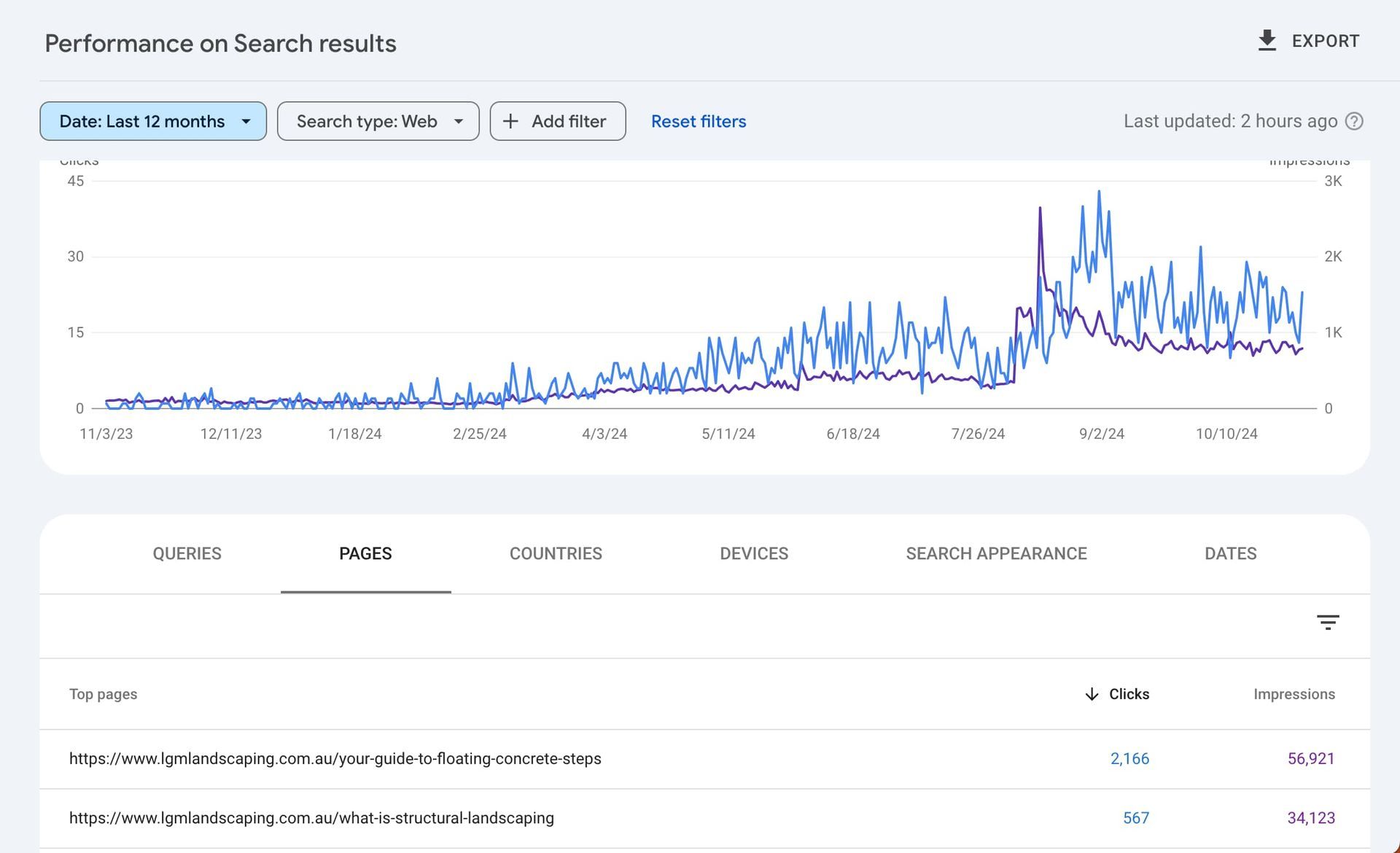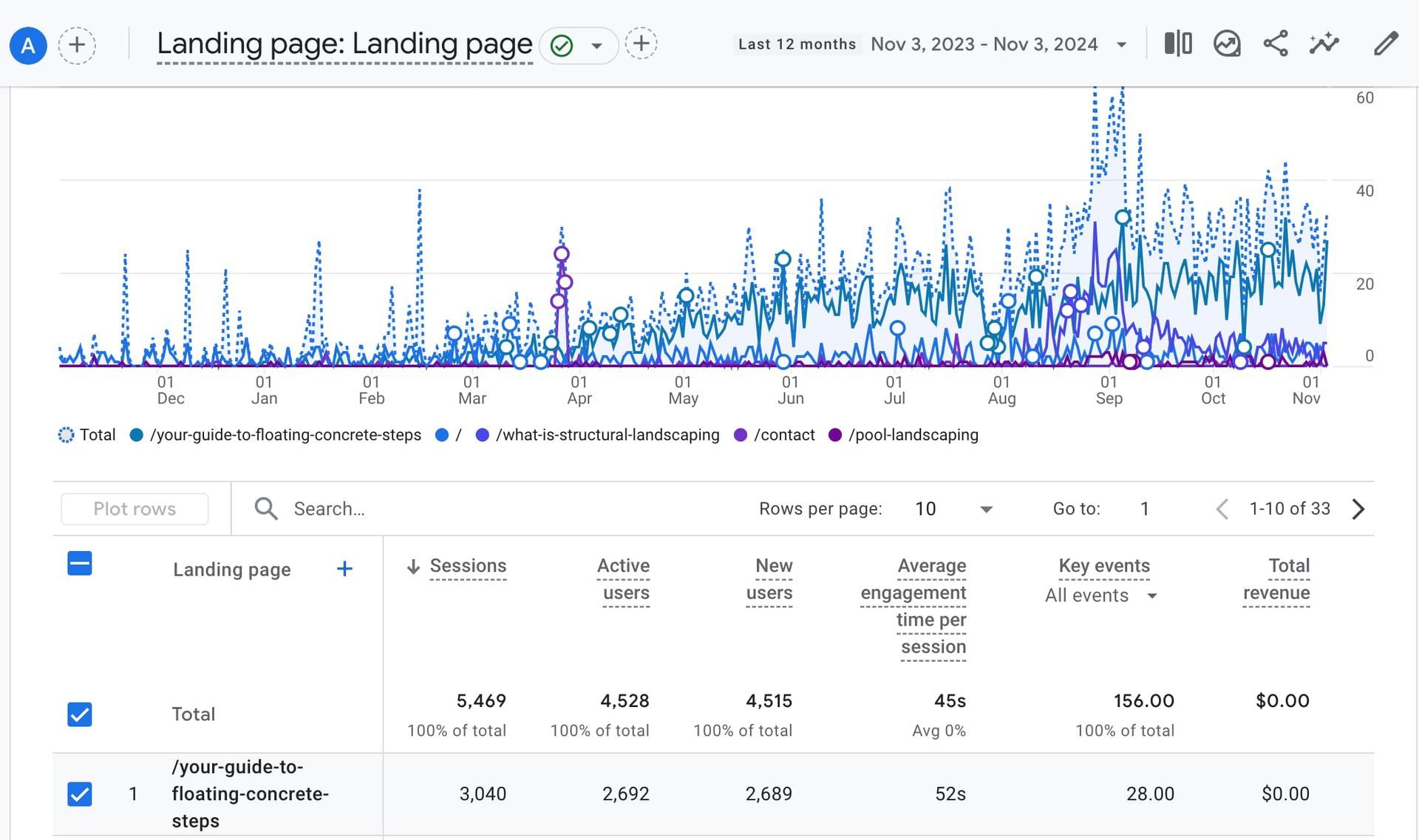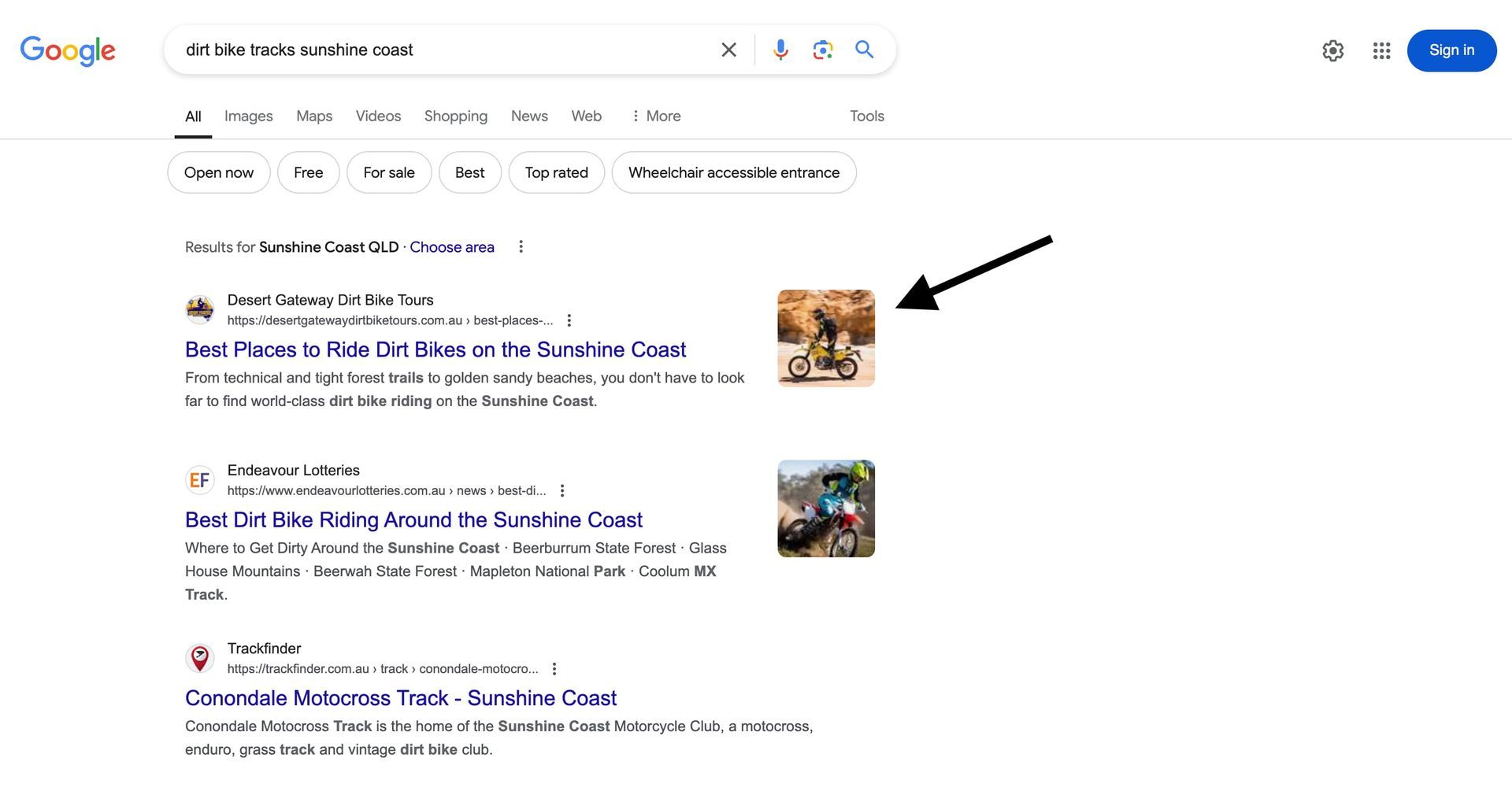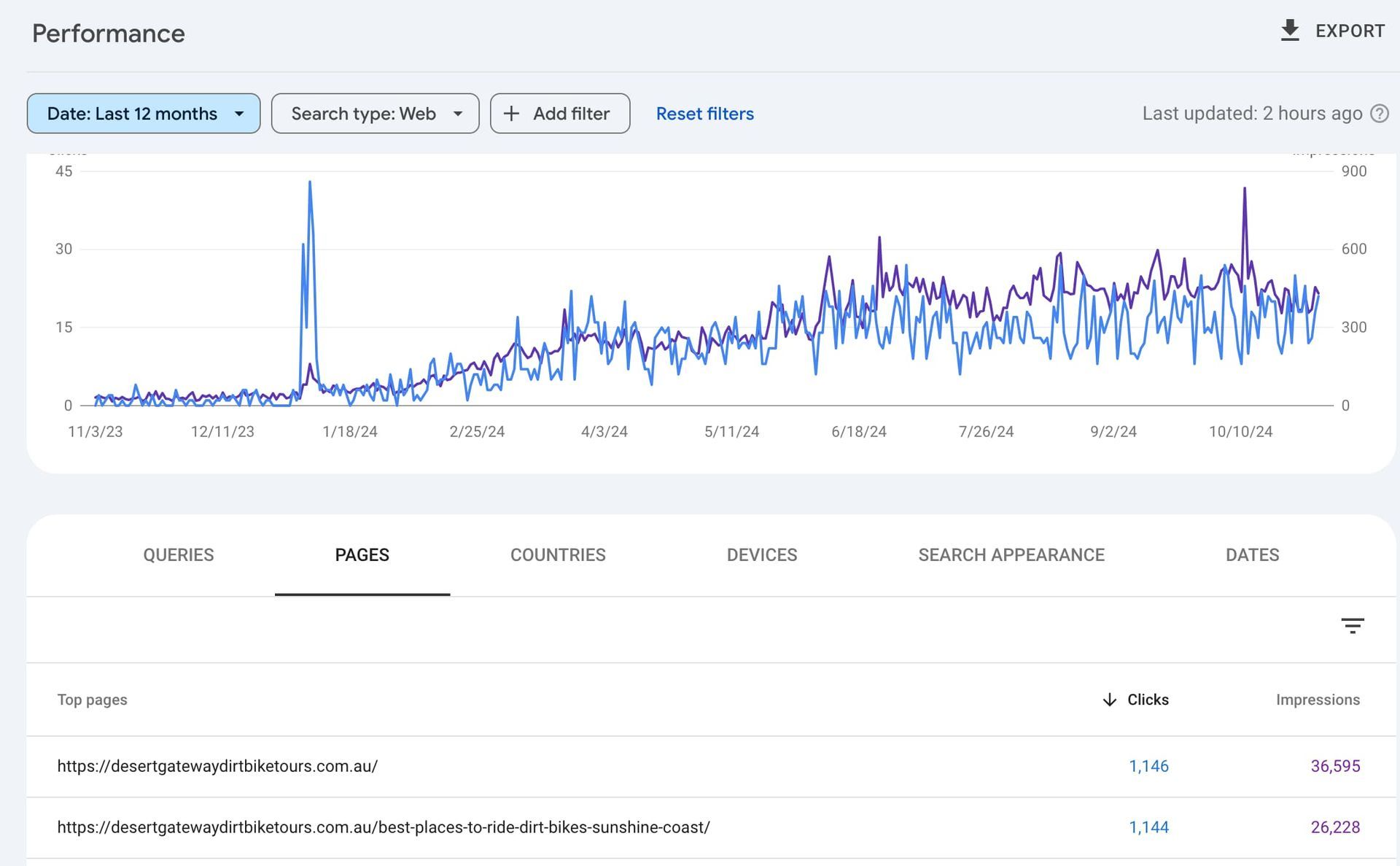Do I Need A Blog For My Small Business
Starting a blog for your small business may feel like an added task, but it can be one of the most effective tools for increasing visibility, driving search traffic and boosting conversions.
In this guide, we’ll walk you through why a blog matters, how to ensure your blog stands out from competitors and actionable tips for creating engaging content. So let's get started - does your small business really need a blog?
Why Blogging Matters for Small Businesses
Blogs have a unique ability to connect you with your audience, answer their questions and showcase your expertise. With high-quality, relevant content, you can rank higher on search engines, drive organic traffic and build trust with potential clients. Blogs act as a tool for lead generation, giving readers helpful insights and encouraging them to connect with your business.
Blog Success Stories
At On The Move Marketing, we’ve written hundreds of blogs and here are a couple of success stories:
LGM Landscaping
We created a blog post that in the past 12 months has received 2166 clicks and 28 conversions.
We also created a blog post for Desert Gateway Dirt Bike Tours that received 1144 clicks in the past 12 months and helped them rank #1 for dirt bike hire Sunshine Coast.
The SEO Advantage
When you publish blogs with keywords your audience searches for, it improves your chances of appearing in Google’s search results. Regular, well-optimised posts can steadily grow your organic search traffic, which can translate into more visitors, leads and ultimately, customers.
Blog Writing Tips: Competitor Research
To make your blog a standout resource, you’ll need to create content that’s better than what’s already out there. Start by researching your competitors' blogs to see what’s working for them and where you can improve.
- Check the Top 5 Ranking Blogs – Enter your blog title (e.g., “Do I Need a Blog for My Small Business?”) into Google and see which posts are ranking in the top 5 positions. Read through them carefully, noting what they’re doing well, such as layout, visuals, and the types of headings used.
- Identify Areas for Improvement – Look for gaps or missing information in your competitors’ posts. Maybe they’re too brief, lack examples, or skip key points. Use these insights to create a more comprehensive and helpful version.
- Understand Search Intent – Pay close attention to the search intent behind the topic. When people search “Do I Need a Blog for My Small Business?” they’re likely looking for reasons why blogging is beneficial, how to get started, and tips on creating quality content. By understanding this, you can tailor your blog to provide precisely what they’re seeking.
Writing Keyword-Rich Headings
Using keyword-rich headings helps both search engines and readers understand your blog’s main topics. Create H2s and H3s that cover essential aspects of your topic. A few examples include:
- Why Small Businesses Should Have a Blog
- How Blogs Drive Traffic and Conversions
- Steps to Outrank Competitors' Blog Posts
- How to Generate Blog Topic Ideas
These types of headings allow you to structure your blog logically, making it easy for readers to follow while helping Google understand the content’s relevance. They also include the main keywords.
How Blogs Can Drive Traffic and Conversions
A blog isn’t just about bringing people to your site; it’s about converting visitors into customers. Here’s how:
- Building Authority: When you consistently post insightful, valuable content, it establishes you as an authority in your industry. People are more likely to purchase from brands they trust.
- Answering Customer Questions: Blogs that address specific pain points or common questions can lead potential customers directly to your solutions.
- Encouraging Action: With strong calls to action, you can guide readers towards contacting you, signing up for newsletters, or exploring your services.
Generating Topic Ideas for Your Blog
One of the biggest challenges in blogging is consistently coming up with fresh, relevant topics. Here are a few strategies to help:
- Keyword Research Tools – Platforms like Ahrefs, SEMrush, and Google Keyword Planner can reveal popular search terms relevant to your business. By targeting these keywords, you can create content that people are actively searching for.
- Answer the Public – This tool provides questions people are asking around a specific keyword. By answering these questions in your blog posts, you can position yourself as a go-to resource.
- Listen to Your Customers – If you frequently receive similar questions from clients, those can be turned into blog topics. For instance, if clients often ask about how to use a product or service, create a blog post that covers it in detail.
- Focus on Customer Pain Points – Think about the common challenges your customers face. Craft blog posts around those issues, explaining solutions and showcasing how your business can help.
Conclusion
A blog can be a valuable asset for your small business, helping you connect with your audience, drive traffic and increase conversions.
If you need help with a blog strategy or website copywriting, get in touch with On The Move Marketing.
Written by Tristan Evert
Tristan is an award-winning writer, journalist and marketing professional with over a decade of industry experience. From writing in-depth blogs to news stories and content for hundreds of websites all over Australia - there isn't much Tristan hasn't covered when it comes to the written word.




